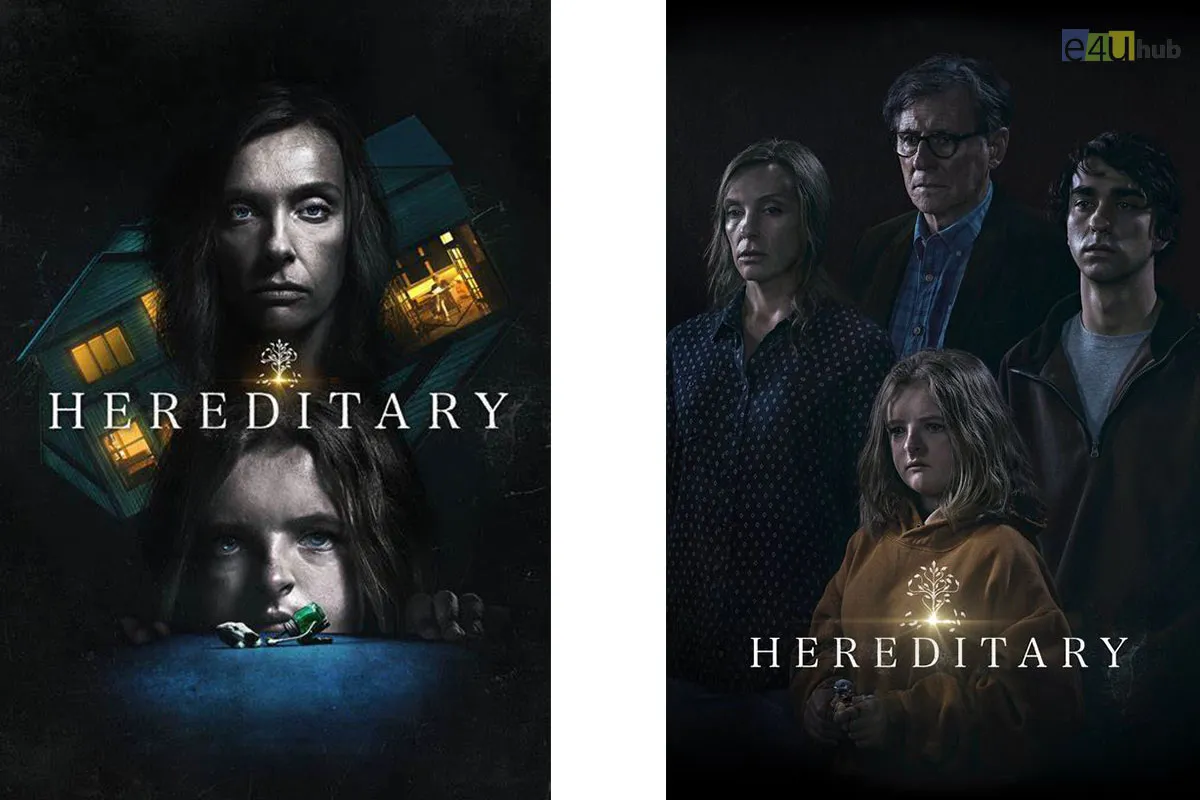
Movie Review: Hereditary
- 24 May, 2024
- Entertainment
- 662 Views
- 0 Comments
Ari Aster’s directorial debut, Hereditary, has carved a distinctive niche in the modern horror genre, earning both critical acclaim and a loyal fanbase. The film intertwines supernatural horror with a deep, unsettling exploration of family dynamics and inherited trauma, delivering a chilling experience that lingers long after the credits roll.
Plot Summary
Hereditary follows the Graham family, who are grappling with the recent death of their enigmatic matriarch, Ellen. Annie (Toni Collette), Ellen’s daughter, begins to unravel dark secrets about their ancestry while coping with her own grief and strained relationships with her husband, Steve (Gabriel Byrne), and their two children, Peter (Alex Wolff) and Charlie (Milly Shapiro). As eerie occurrences escalate, the family confronts the sinister legacy they've inherited.
Performances
Toni Collette’s performance as Annie is nothing short of masterful. She navigates a spectrum of emotions—grief, anger, confusion, and terror—with a raw intensity that anchors the film. Collette’s portrayal is both heartbreaking and horrifying, earning her widespread acclaim and solidifying her place in horror cinema history.
Alex Wolff delivers a poignant and haunting performance as Peter, the troubled teenage son. His descent into paranoia and fear is palpable and convincingly portrayed, adding a profound layer of psychological horror to the film.
Milly Shapiro’s portrayal of Charlie is eerie and unforgettable. Her character’s unsettling behavior and unique presence contribute significantly to the film’s creepy atmosphere. Gabriel Byrne provides a steady, if somewhat understated, performance as Steve, grounding the film amidst the surrounding chaos.
Direction and Cinematography
Ari Aster’s direction is meticulously crafted, employing slow-building tension and atmospheric dread to create an almost unbearable sense of unease. His use of wide shots and long takes allows the horror to unfold gradually, drawing viewers deeper into the film’s unsettling world. The meticulous attention to detail, from the intricate miniatures Annie creates to the symbolic imagery scattered throughout, adds layers of meaning and foreboding to the narrative.
The cinematography by Pawel Pogorzelski is stunning and eerie. The camera work, lighting, and framing enhance the film’s unsettling mood, transforming ordinary spaces into realms of terror. The use of darkness and shadows is particularly effective, creating a claustrophobic atmosphere that mirrors the characters’ psychological states.
Themes and Symbolism
Hereditary delves into themes of family, grief, and the inescapable nature of inherited trauma. The film explores how the sins and secrets of previous generations can haunt and shape the lives of their descendants. This theme is woven throughout the narrative, culminating in a disturbing revelation about the family’s true legacy.
The film’s symbolism is rich and multifaceted. The miniature houses and figures Annie creates serve as a metaphor for the characters' lack of control over their own lives, manipulated by forces beyond their understanding. The use of occult symbols and rituals adds an additional layer of horror, suggesting that the family’s fate is preordained and inescapable.
Conclusion
Hereditary is a masterclass in psychological horror, offering a deeply unsettling experience that resonates on multiple levels. It is a film that demands attention and rewards viewers with its intricate storytelling, exceptional performances, and atmospheric direction. Ari Aster has crafted a modern horror classic that will be discussed and analyzed for years to come.
Whether you are a horror aficionado or a casual viewer, Hereditary is a must-watch for its unique blend of psychological depth and supernatural terror. It is a haunting exploration of family, legacy, and the darkness that lies within us all.


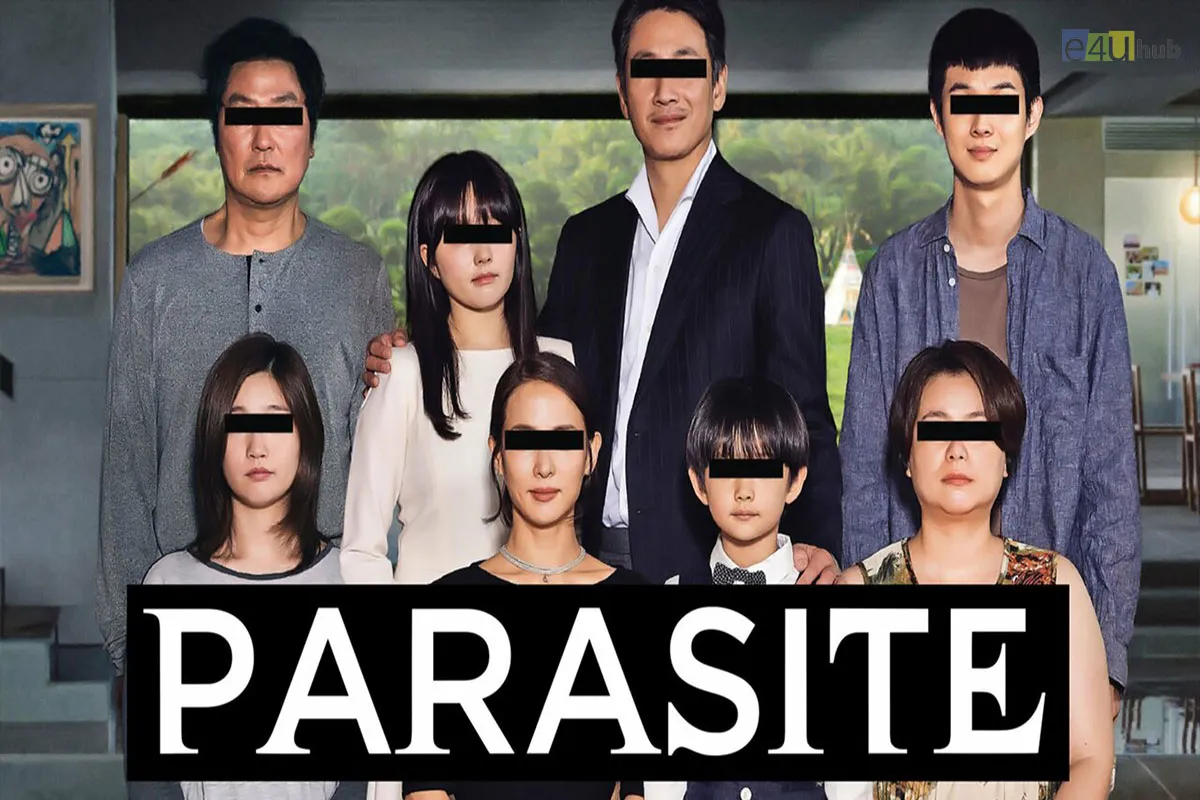
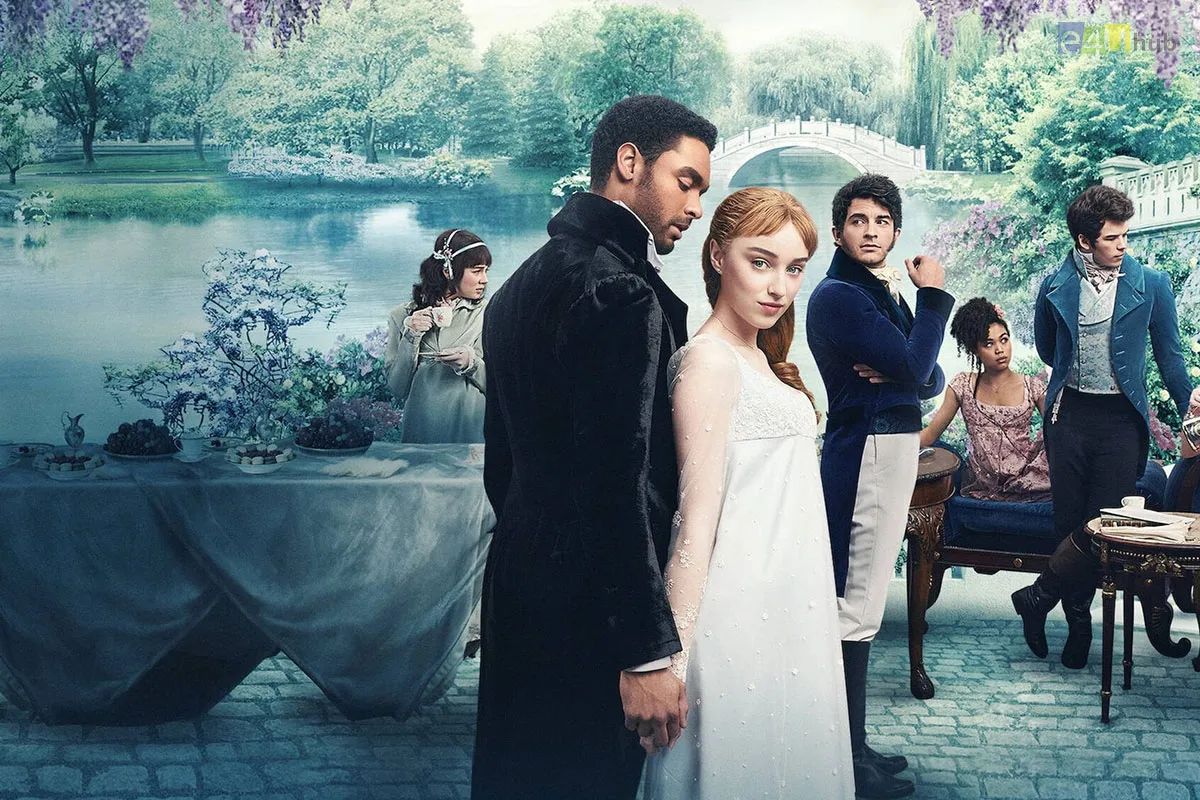
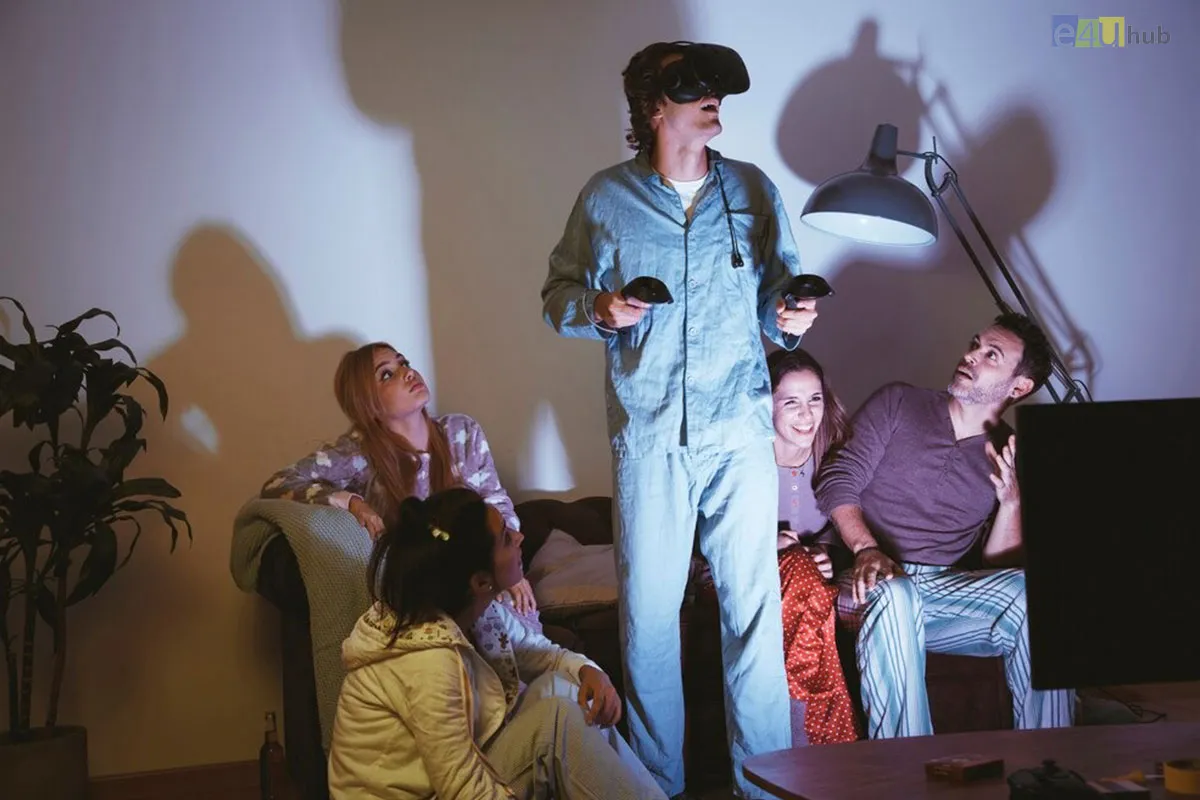





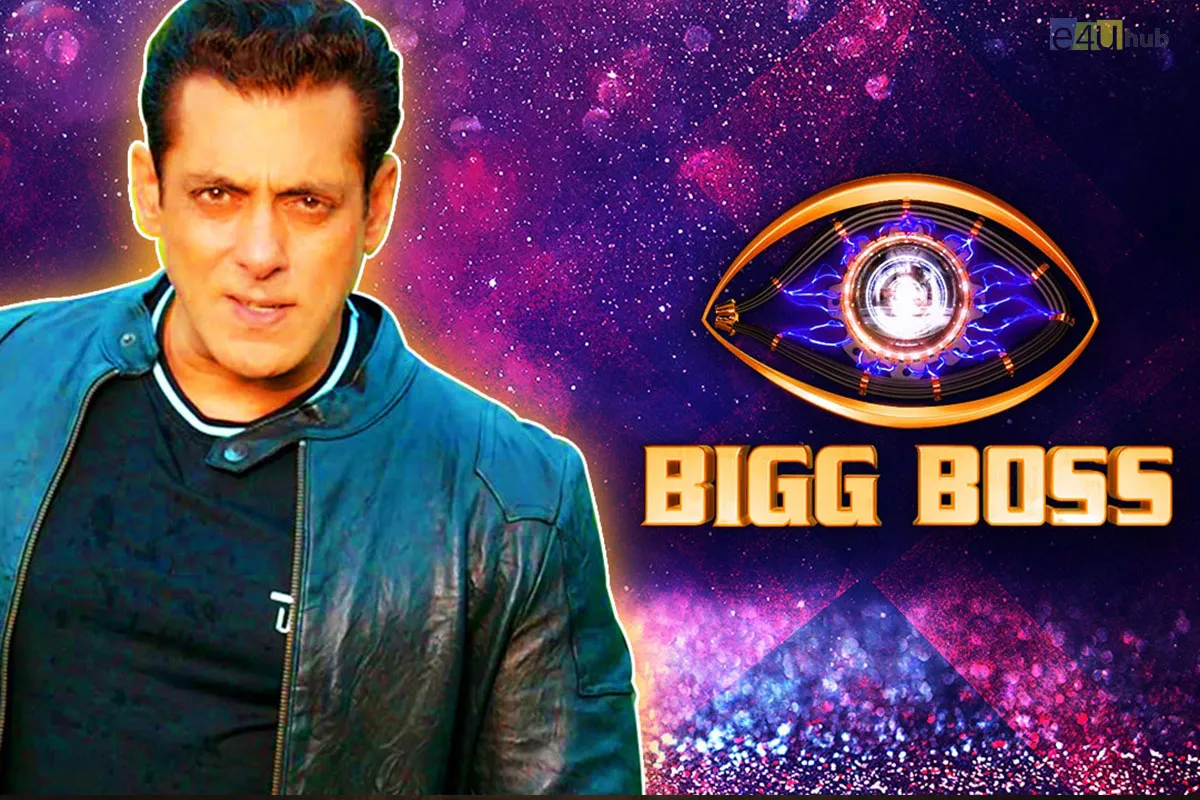
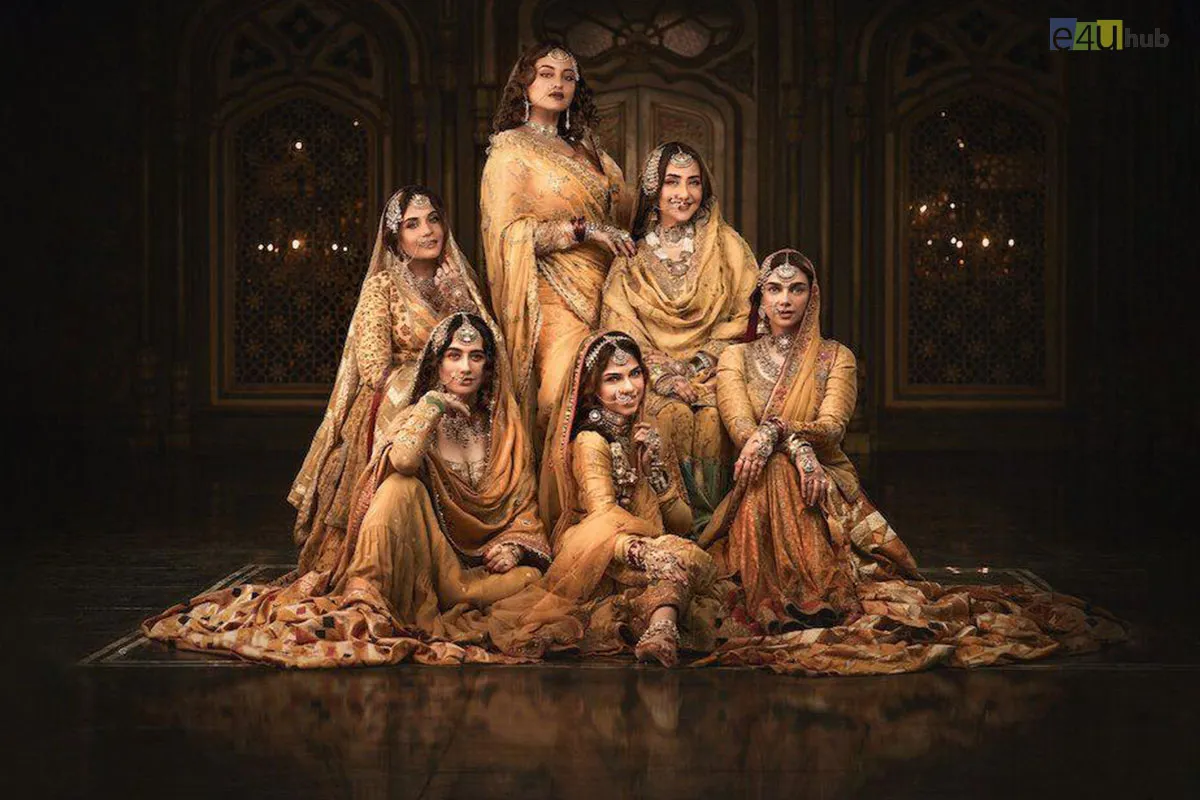



Leave a Reply